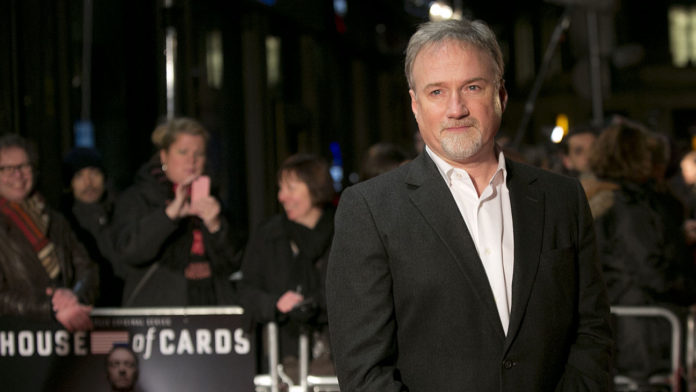
Marvel Studios makes money. No one could credibly dispute that statement. Virtually all the films bearing the iconic Marvel Studios name have generated big ticket sales. Marvel television productions draw solid audience figures. Marvel Studios took the Marvel Comics library of characters and stories and created a billion-dollar entertainment enterprise. Are all the films and TV shows perfect from a critical standpoint? No way. There have been some duds.
Director David Fincher chose to be one of the very few working professionals in Hollywood to public issue criticism towards Marvel. Commonly, criticism comes in the form of vague complaints about there being too many comic book films being produced. Fincher, however, was much more pointed in his critique. Fincher addressed Marvel Studios’ approach to making films and television series. Basically, the criticism centered on Marvel being too constrained in how the projects are created. Filmmakers are not given as much leeway as they should.
Fincher does make a valid point. Superhero projects seem to be cut from the same cloth in terms of narrative. The basic struggle of good vs. evil plays out as heroes defeat villains. While the heroes, villains, settings, and plots change, the basic premise and framework stay the same.
Artistically, the creators find themselves boxed in. The danger here becomes the films cease to become distinguishable from one another. Genres end up boring audiences when predictability derives from every film looking and sounding the same. The box office strength of all things superhero cinema shows audiences have not grown tired yet. Things can change, though.
In fairness, should anyone really blame Marvel Studios for sticking to a formula? A lot of creativity went into re-imagining The Fantastic Four. The result was a massive box office flop and the destruction of a film franchise. Superhero films borrow their success from the same elements that made the original comic books big sellers back in the day. They give fans the experience they want. Both readers and audiences maintain familiar expectations in their entertainment.
Additional criticisms appear here. By giving audiences what they want, Marvel Studios allows marketing to guide its creative approach. Artistry exists but takes second place to marketing.
Is that really a negative? Failure to give audiences what they want means low ticket sales. Genres fade away when ticket sales dwindle. Marvel Studios is in the entertainment business. Business realities guide creative decisions. That’s the way things work.






